Montenegro operates with a multi-party system – it has a vibrant and diverse political party landscape, with numerous parties representing a wide range of ideologies, including liberal, conservative, socialist, nationalist, and green parties, among others. As of the latest available data, there are over 60 registered political parties in Montenegro which makes it the leading country in the region in terms of the number of politicians and parties per capita – many consider engaging in politics in Montenegro as a lucrative business for members of the numerous party population.
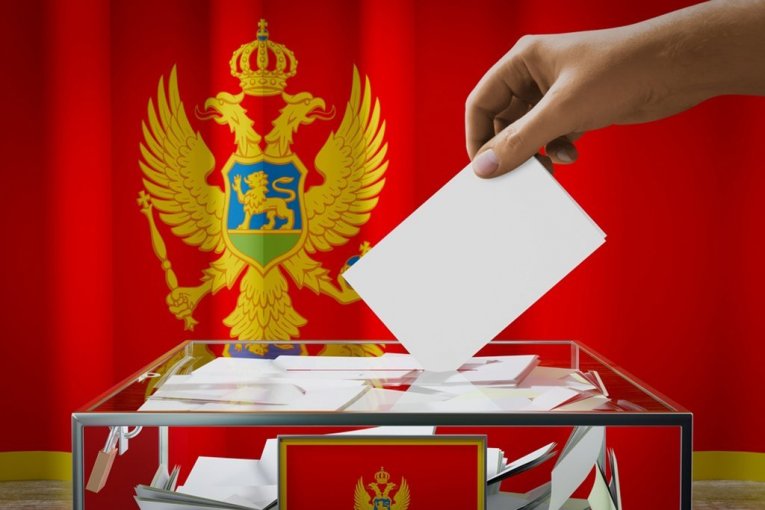
Some prominent political parties in Montenegro include the Democratic Party of Socialists (DPS), Democratic Front (DF), Democratic Montenegro (DCG), Social Democratic Party (SDP), and Movement for Changes (PzP). These parties compete in elections at the national and local levels, offering voters a variety of choices.
Political parties in Montenegro develop programs and platforms that outline their policy proposals, visions, and objectives. These programs serve as a guide for voters in understanding a party’s stance on various issues such as the economy, social welfare, education, healthcare, foreign policy, and more. By studying party programs, individuals can make informed decisions about which party aligns with their values and priorities.
Individuals can actively participate in the political process by becoming party members. Party members have the opportunity to shape party policies, participate in decision-making processes, and
contribute to the internal workings of the party. They can engage in discussions, attend party meetings, and contribute to policy formulation and candidate selection. Through party membership, individuals can have a direct impact on shaping the political landscape in Montenegro.
Political parties in Montenegro often form alliances and coalitions to strengthen their electoral prospects and increase their chances of forming a government. These coalitions bring together parties with similar ideologies or common goals to present a unified front to voters. Coalition-building allows smaller parties to gain greater influence and representation, contributing to a more diverse and pluralistic political landscape.
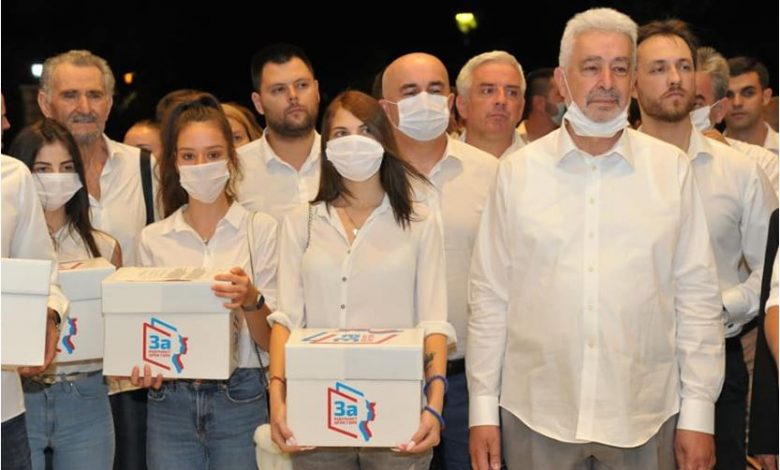
Elections in Montenegro follow a proportional representation system with closed party lists, where seats in the Parliament and local assemblies are allocated based on the percentage of votes each political party receives. This means that voters select a political party or coalition rather than individual candidates when casting their votes. The electoral system aims to ensure fair representation of diverse political views and prevents the dominance of a single party. The State Election Commission oversees the electoral process, ensuring its transparency, integrity, and adherence to democratic principles.
Elections in Montenegro are held at various levels, including parliamentary, presidential, and local elections. Individuals who are 18 years and older have the right to vote and can register as voters
through the State Election Commission. They can actively participate in the electoral process by casting their votes and electing representatives who will make decisions on their behalf.
Elections in Montenegro are monitored by domestic and international observers to ensure transparency and fairness. Organizations such as the Center for Monitoring and Research (CeMI) and the Organization for Security and Cooperation in Europe (OSCE) have been involved in observing and assessing the electoral process.
During election campaigns, political parties and independent candidates present their platforms and engage in various activities to gain support. This includes organizing rallies, debates, and town hall meetings, where individuals can attend, interact with candidates, and discuss their concerns and aspirations. Voter education campaigns are conducted to inform citizens about the electoral process, voting procedures, and candidates’ profiles. These campaigns aim to promote an informed electorate and encourage individuals to exercise their democratic right to vote based on knowledge and understanding.
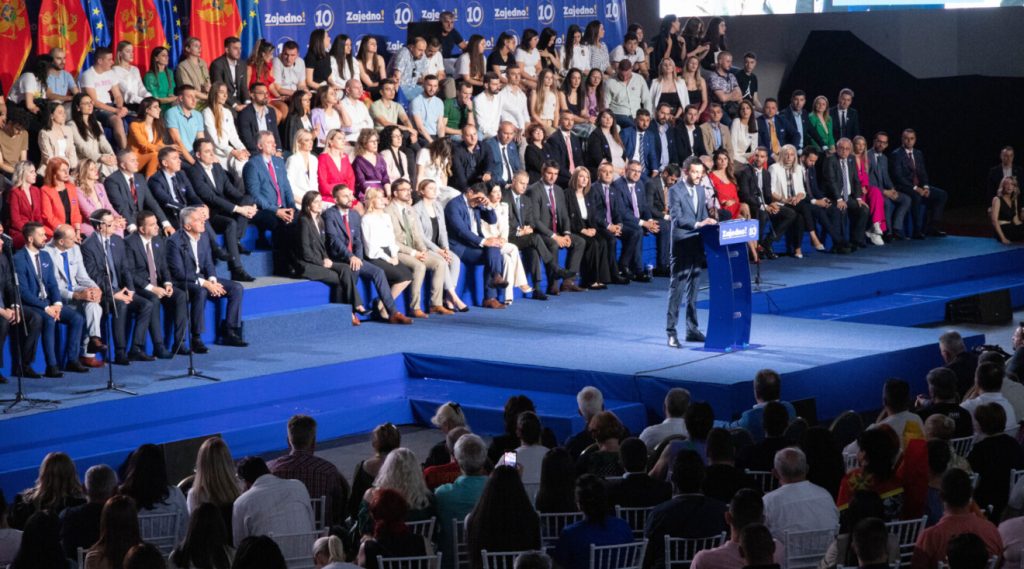
Ensuring transparency and fairness in elections is of utmost importance. Therefore, individuals can actively participate as election observers. By volunteering as observers, they contribute to maintaining the integrity of the electoral process, monitoring for any irregularities, and reporting their findings to relevant authorities. Beyond elections, individuals can participate in public consultations organized by government bodies and engage with civil society organizations. Public consultations provide opportunities for citizens to express their views on important issues, policies, and legislative measures, thus influencing decision-making processes. Holding elected officials accountable is another crucial aspect of democratic participation. Individuals can actively monitor the performance of elected representatives, voice their concerns, and provide feedback through various channels such as public forums, petitions, and meetings with officials. This engagement helps ensure that elected officials remain responsive to the needs and aspirations of the people they represent.
Parliamentary elections are a crucial part of Montenegro’s democratic processes, allowing citizens to choose their representatives. The elected members of Parliament have the responsibility to
represent the interests of their constituents, address their concerns, and work towards the development and well-being of the country.
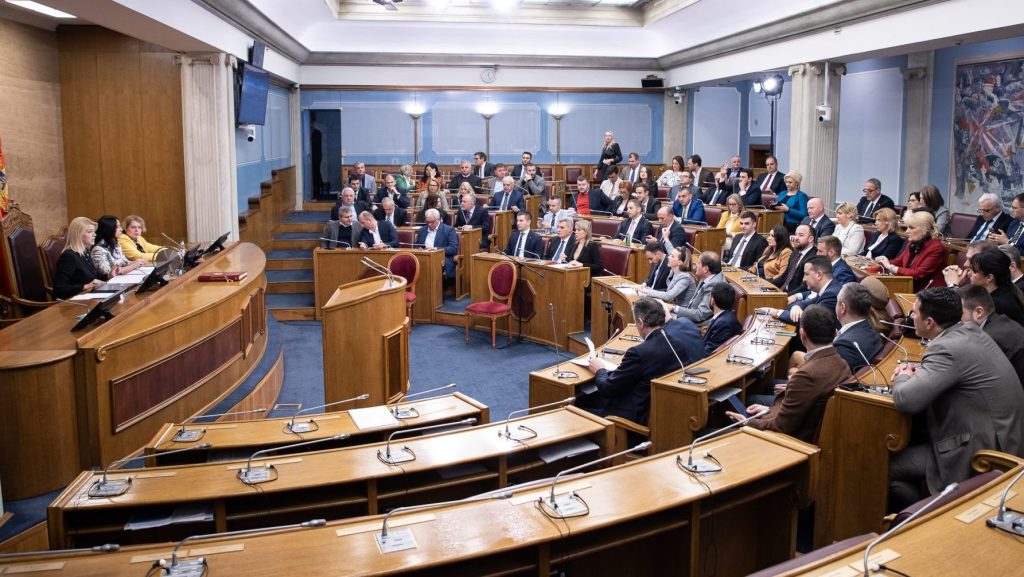
The Parliament of Montenegro, known as the Skupština, is the highest legislative body in the country. It plays a central role in the democratic processes of Montenegro and represents the voice of the people. The Parliament consists of 81 members who are elected through a proportional representation system in general elections. The term of office for members of Parliament is four years. The Parliament’s composition reflects the diversity of political parties and their representation in the country.
The main functions of the Parliament include enacting laws, approving the national budget, overseeing the work of the government, and representing the interests of the citizens. It serves as a platform for political debate, where members discuss and propose legislation, raise issues of public importance, and hold the government accountable. The work of the Parliament is guided by parliamentary committees, which focus on specific areas such as finance, economy, judiciary, and foreign affairs. These committees thoroughly examine proposed legislation, conduct inquiries, and provide recommendations to the Parliament. Parliamentary sessions are open to the public, allowing citizens to witness the decision-making process firsthand. Additionally, the Parliament provides opportunities for citizens to express their concerns and opinions through petitions and public hearings, fostering citizen engagement in the legislative process. To ensure transparency and accountability, the Parliament holds regular sessions and publishes its work and decisions in official records. It also encourages public access to information by making documents and proceedings available online. The Parliament operates on a majority vote principle, where decisions are made based on the majority support of MPs present during voting. Certain decisions, such as constitutional changes, require a qualified majority. The opposition plays a crucial role in providing alternative viewpoints, proposing amendments, and scrutinizing the government’s actions.
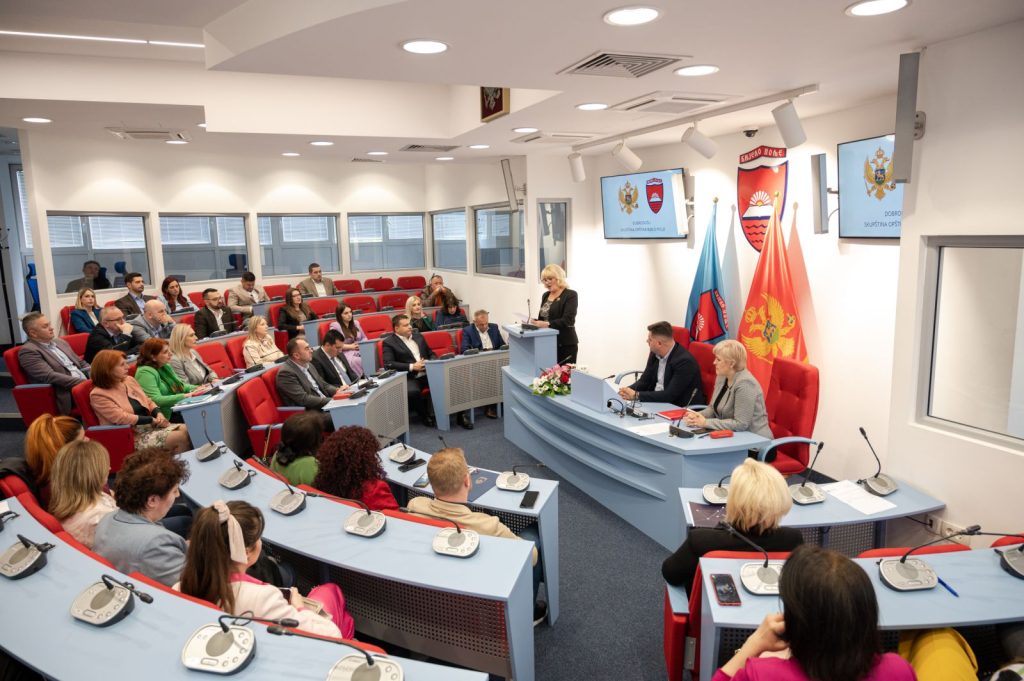
Montenegro consists of 24 municipalities. Local assemblies in Montenegro are an integral part of the country’s democratic system, playing a crucial role in local governance and decision-making. They represent the interests of local communities and ensure citizen participation in local democratic processes.
Local assemblies are elected bodies that vary in size and composition depending on the municipality’s population. They consist of councilors who are elected through local elections, usually held every four years. The number of councilors in each assembly is determined based on the municipality’s population size. For example, larger municipalities like Podgorica, the capital, may have around 60 or more councilors, while smaller municipalities may have fewer councilors.
The main responsibilities of local assemblies include adopting local regulations and policies, approving the local budget, overseeing the work of the local government, and addressing the specific needs and concerns of their respective communities. They have the authority to make decisions on various local matters, such as urban planning, public services, education, healthcare, and cultural activities.
Local assemblies provide a platform for local councilors to represent the interests of their constituents and advocate for their needs and priorities. They conduct regular sessions, where councilors debate and propose local initiatives, policies, and projects. These sessions are open to the public, allowing citizens to observe the decision-making process and voice their opinions through public participation mechanisms.
Furthermore, local assemblies establish specialized committees that focus on specific areas such as finance, education, infrastructure, and social affairs. These committees examine and review proposals, conduct inquiries, and provide recommendations to the assembly, ensuring a thorough analysis of local issues.
To enhance citizen participation, local assemblies often organize public hearings, consultations, and forums, where citizens can express their views, provide feedback, and contribute to local decision-
making processes. These mechanisms aim to foster transparency, inclusivity, and accountability in local governance. Local assemblies also collaborate with local civil society organizations, businesses, and other stakeholders to promote community engagement and cooperation. They facilitate partnerships and initiatives that support local development, improve public services, and address local challenges.
References:
Private library and researches – presentations from follow-up workshops
Wikipedia